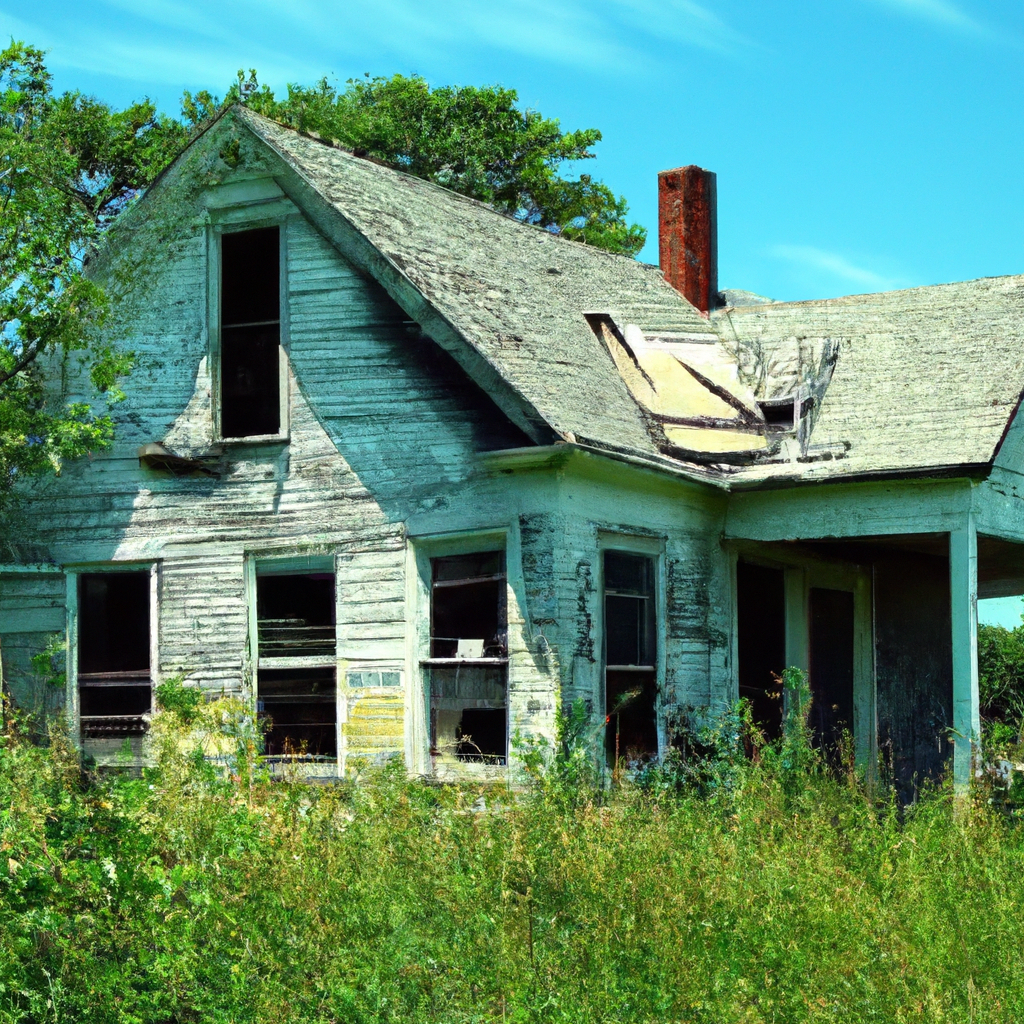Buying a fixer-upper in the picturesque Cape Breton can be an enticing prospect for many. The idea of transforming an old house into your dream home, all while potentially saving money, is a compelling one. However, like any real estate investment, it comes with its own set of challenges and rewards. Whether you’re a seasoned investor or a first-time homebuyer, understanding these pros and cons is crucial in making an informed decision.
The Advantages of Investing in a Fixer-Upper in Cape Breton
1. Lower Purchase Price: One of the most appealing aspects of fixer-uppers is their affordability. These properties are typically priced below market value due to their condition, making them an excellent option for those with limited budgets. This lower cost also opens up opportunities to enter the housing market in areas like Cape Breton, where the scenery and community might otherwise be out of reach financially.
2. Potential for Increased Home Value: Fixer-uppers give buyers the chance to significantly increase the value of their property through renovations and improvements. With the right updates, you can create equity quickly, which is particularly advantageous in Cape Breton’s steadily growing real estate market.
3. Customization Opportunities: When you purchase a fixer-upper, you’re not just buying a home; you’re scripting its story. Renovating allows you to tailor every aspect of the house to suit your tastes and needs, something that’s rarely possible with turnkey properties.
4. Reduced Competition: Many homebuyers are unwilling to take on the challenges of a fixer-upper, which can lead to less competition and more negotiating power on the buyer’s side. This can be a significant advantage in hot markets where bidding wars are common.
The Challenges of Fixer-Uppers in Cape Breton
1. Unexpected Costs: One of the biggest pitfalls of buying a fixer-upper is the risk of encountering unforeseen expenses. Issues often hide behind walls or under floors and can become costly. It’s essential to have a thorough inspection and allocate a contingency budget for unexpected repairs.
2. Time and Effort: Renovating a home is a time-consuming process that can often be stressful. In Cape Breton, where weather can be unpredictable, delays are common. Buyers must be prepared for the long haul and consider whether they have the time and stamina needed to manage a renovation project.
3. Financing Challenges: Obtaining financing for a fixer-upper can be more complicated than purchasing a move-in-ready home. Some lenders are hesitant to offer loans for properties in poor condition. Fortunately, there are specific types of home renovation loans available, such as the FHA 203(k), which buyers in Cape Breton might consider.
4. Overcapitalization Risk: There’s always a risk that you might spend more on the property than you can recoup in the market. This risk is particularly prevalent in less populated areas where the real estate market can be more volatile. Careful planning and market research are essential to avoid this pitfall in Cape Breton.
Conclusion
While the prospect of buying and renovating a fixer-upper in Cape Breton offers numerous benefits like customization and potential financial rewards, it also requires a significant amount of work, patience, and extra financial buffering. For those who are prepared for the challenges, the end result can be a beautifully personalized home that is both a sanctuary and a wise investment. However, it’s crucial to go into the process with eyes wide open and realistic expectations about the demands and potential setbacks of such a project.
In essence, whether buying a fixer-upper in Cape Breton is worth the investment depends on your personal circumstances, your ability to handle uncertainty and setbacks, and your vision for your future home. With careful planning and consideration, it can be a rewarding endeavor.


